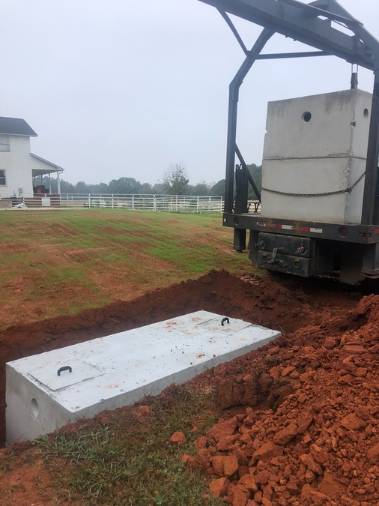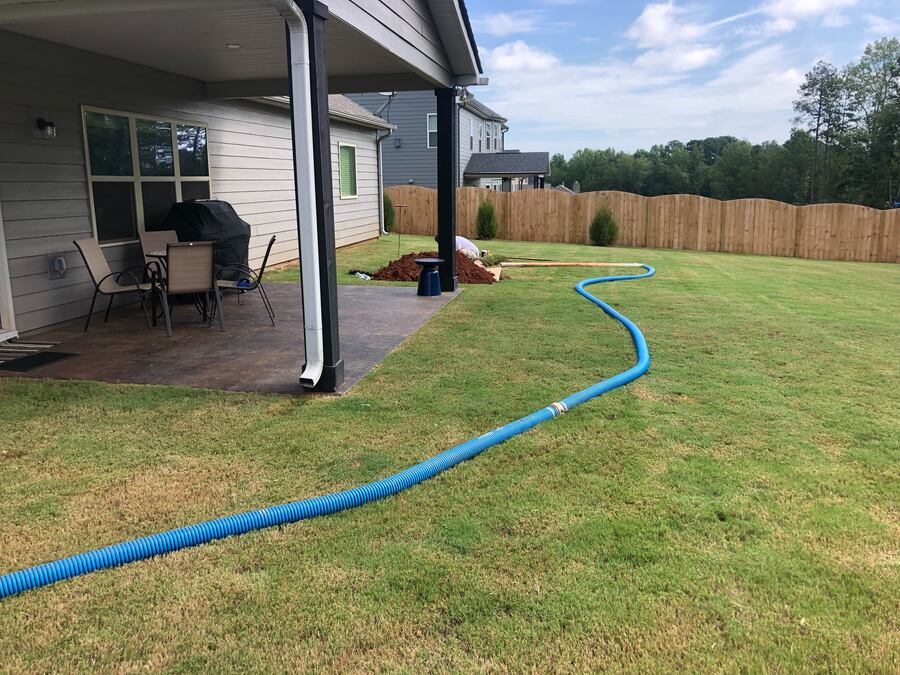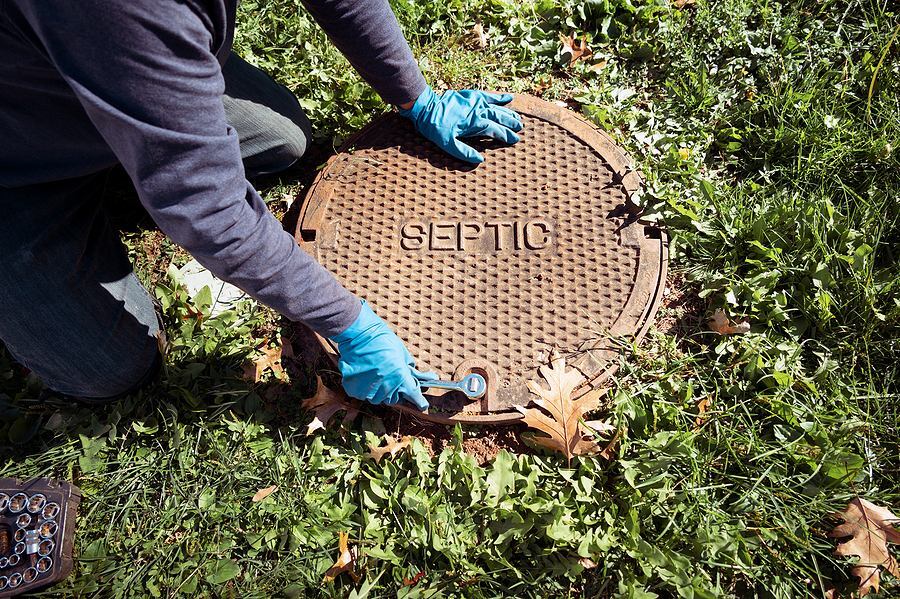
Plastic vs. Concrete Tanks
In septic tank installation projects, choosing the right type of tank is a crucial decision that can affect the longevity and efficiency of your plumbing system. Septic tanks play a vital role in processing and storing wastewater, making it essential to consider the options available carefully. Two primary choices stand out in the market: plastic and concrete. At Septic Connection, we leverage extensive industry knowledge and expertise to ensure quality services at competitive rates. Let’s look at the characteristics of both tank types and the factors to consider before a septic tank installation.
Plastic Septic Tanks
Plastic septic tanks have gained popularity recently because of their lightweight nature and versatility. These tanks are typically made from high-density polyethylene (HDPE) or similar materials, offering several advantages:
Ease of Installation
Plastic tanks are significantly lighter than their concrete counterparts, making them easier to transport and install. This reduces the labor and equipment required during the installation process. It is imperative to consult a trusted septic company to eliminate inconveniences associated with DIY projects.
Corrosion Resistance
Plastic tanks are inherently resistant to corrosion, unlike concrete tanks, which can be susceptible to deterioration with time. This can lead to a longer lifespan for plastic tanks, requiring less maintenance and potential replacement.
Cost-Effectiveness
Plastic septic tanks often come with a more affordable price tag compared to concrete tanks. This can appeal to homeowners looking for a budget-friendly option without compromising quality. When you hire professional technicians to handle installation, you don’t have to worry about septic tank repair emergencies and additional costs.
Concrete Septic Tanks
Concrete septic tanks have been a traditional choice for many years because of their durability and stability. These tanks offer their own set of benefits that make them a preferred option for some:
Longevity
Concrete tanks are durable and can withstand various environmental factors over an extended period. A well-constructed concrete tank can last for decades with proper maintenance and care by a professional septic company.
Stability
Concrete tanks are heavy and offer excellent stability on the ground. They are less likely to shift or move, which can be advantageous in unstable soil conditions. The enhanced strength of concrete units minimizes the risk of damage and septic tank repair costs.
Temperature Regulation
Concrete tanks have better insulation properties than plastic tanks, helping to regulate temperature variations within the tank. This can lead to more efficient bacterial activity and waste breakdown.
Before choosing a septic tank, there are vital factors to consider. Consider your property’s soil type, as it affects the tank’s stability. Think about the tank size based on your household’s water usage. In addition, compare installation costs for plastic and concrete tanks, and remember that septic tank pumping and maintenance needs vary between the two materials. By weighing these factors, you can conduct a reliable septic tank installation.
Selecting the right septic tank involves carefully evaluating your property’s characteristics and specific needs. To ensure the best choice for your situation, contact us at Septic Connection for quality services. We use innovative equipment and expertise to guarantee quality septic tank pumping, repair and maintenance at friendly rates.
 How it works
How it works




